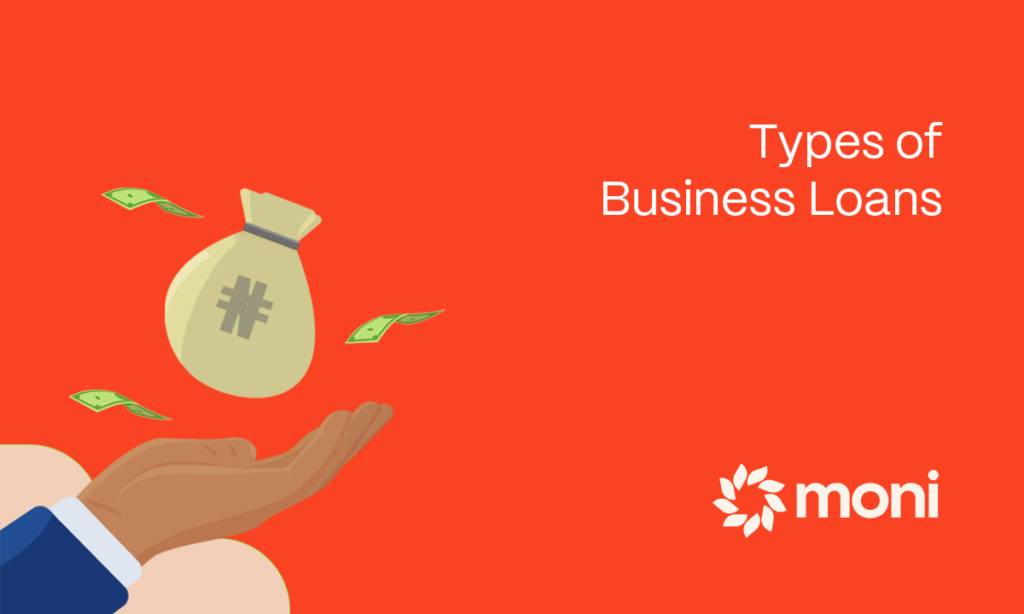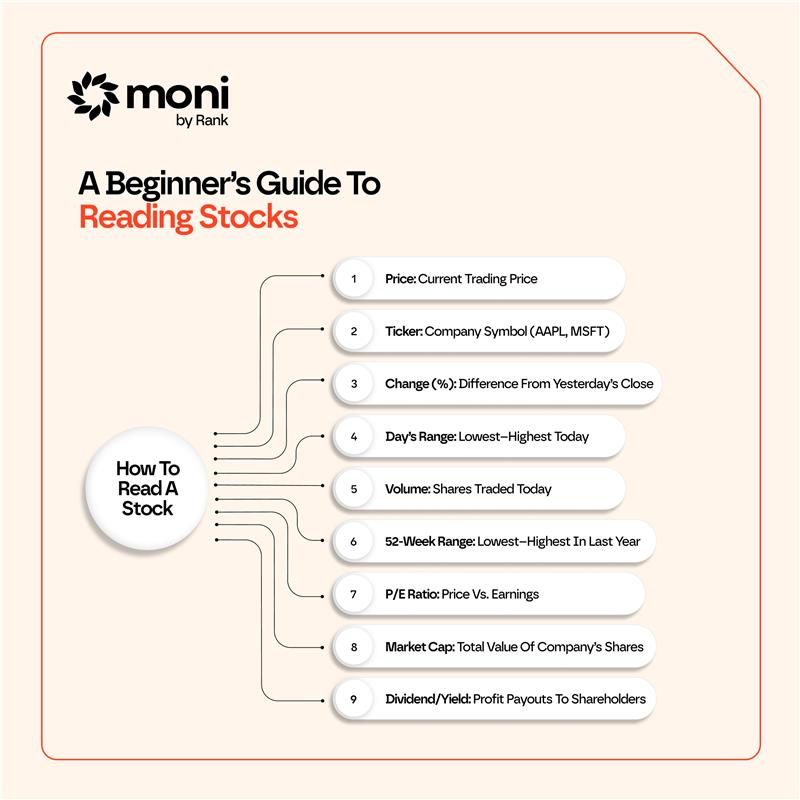
Whether you’re a solo entrepreneur, running a startup, or an SME, you’ll likely need additional funds to drive growth at some point. Instead of relying on cash investors, consider fast and cost-effective business loans as a better alternative. From debt reductions to maintaining a solid working capital, stop waiting on slow cash flow or investors. Accelerate your company’s growth with a loan specifically designed for business needs.
What is a Business Loan?
A business loan is a sum of money borrowed by a business entity rather than an individual. Business loans vary widely in type and amount and can be used for different commercial activities, including purchasing inventory, tools, and equipment, covering overhead costs, financing business expansion, and sorting out unexpected losses.
Repayment periods and interest rates vary based on the amount borrowed, the type of loan and the borrower’s financial status.
Business loans are often non-dilutive sources of investment, providing your company with the necessary cash infusion without requiring you to give up control of some part of your business.
Types of Business Loans
Many types of business loans are available to Small and Medium-sized businesses in Nigeria. This list explores a comprehensive range of business loan products that meet different business needs and contexts.
1. Secured and Unsecured Business Loans
Secured and unsecured business loans are two primary types of financing available to businesses. For a secured loan, the borrower must provide a guarantee (or collateral) to protect the lender. On the other hand, a borrower is not obligated to provide a guarantee in an unsecured business loan. The loan is usually based on the borrower’s credit score.
2. Invoice Financing Loan
An invoice finance loan is a type of financing where a business sells its unpaid invoices to a lender or factoring company to receive immediate cash. The lender provides a percentage of the invoice value upfront, usually around 70-90%, collects payments directly from the customers, remits the balance to the business, and deducts a fee for the service. Invoice financing can help your business improve cash flow, meet short-term liquidity needs, and cover expenses without waiting for customers to pay invoices. However, invoice financing loans may become more expensive than traditional loans if invoices remain unpaid for a long time.
3. Overdraft Loan
Also known as an overdraft, an overdraft loan is an arrangement with a bank that allows an account holder to withdraw more money than they have up to a specified limit. Overdrafts are good for covering unexpected expenses and temporary cash flow shortages.
4. Startup Loans
Startup business loans are not a distinct type of loan; they refer to any loan used to launch a new business. This funding might be needed to develop a product or service, hire employees lease space, or purchase inventory. These loans also support businesses that are in the initial stages. Terms for startup loans vary according to lenders or loan providers.
5. Working capital Loan
In Nigeria, working capital loans have gained popularity among business owners for addressing their financial needs. These loans are typically not used for purchasing long-term assets but are instead used to cover expenses such as wages, accounts payable, and other operational costs.
6. Term Loan: SME loans
A term loan is a lump sum of money repaid in regular payments with interest over a period. Term loans are a safe and viable option for your business if you want to finance expenditures, such as purchasing equipment, expanding operations, or other significant investments.
With Moni loans, you stand a high chance of getting the best-unsecured term loan for your business in just 5 minutes and how is how to get the business loan.
7. Bank Loan
A bank loan is a term loan offered by banks to help your business meet its financial needs. Bank loans often require a lengthy application process and comprehensive documentation. To be eligible, business owners must have a good credit history, collateral, and a viable business or loan repayment plan. Typically, interest accrues on the outstanding balance, and repayments follow a predetermined schedule.
How does a Business Loan Work?
Business loans can range from as low as a few thousand to several millions. Repayment terms also vary from a few weeks to several years. Interest rates and fees depend on the type of loan and the borrower’s financial status. Some working capital loans may be approved in a few days, while others such as asset finance may take longer to finalize. Despite the differences in loan types, the basic process for securing and repaying a loan is straightforward:
- The borrower applies, providing essential business details, financial records, and tax documents. The lender may also conduct a credit check on the business and its principalities.
- A borrower must prove the value of a collateral (if required)
- Once all the application details are provided, the lender makes an offer detailing the loan amount, repayment period, interest rates, and fees.
- Upon accepting the terms, an agreement is signed, and the funds are disbursed.
How do I repay a Business Loan?
Repayment terms depend on the type of loan. Short-term loans such as invoice financing and overdrafts are repaid quickly and automatically from business income. Long-term loans such as bank loans for property purchases are paid back over several years with regular monthly or quarterly payments of the main loan amount and interest.
What are the Risks Involved in a Business Loan?
Typically, loan lenders give loans to businesses that can easily repay them. However, since most loans are repaid over time, business changes can create risks between securing a loan and repayment. These risks include loan default, personal liability (risk of losing personal assets), and fluctuation in interest rates.
How to Choose the Right Loan for Your Business
For the best results when getting a business loan, consider the following:
- Borrow for the right reasons: If you are borrowing to aid an already established business, it can be enticing to believe that a little more capital would solve all your business issues. Some business owners fall into the trap of thinking that borrowing funds will alleviate their financial problems. However, debt may often complicate capital issues rather than resolve them. When contemplating financing for your business, it is important to borrow for the right purposes, ensuring that debt will enable your business’s growth rather than burden it.
- Keep Accurate and Up-to-date Financial Records: Most lenders prefer lending to established businesses. So how can an early-stage business, which needs borrowed capital to grow, prepare itself from the outset? Lenders cannot accurately assess your business’s creditworthiness without substantial revenue, a track record, or an established credit profile. In your first year, focus on your business credit by keeping accurate and up-to-date financial records.
- Start with Manageable Loans: Beginning with a small, short-term loan is often a wise initial step. While it might not completely find your expansion plans, demonstrating good credit behavior can show future lenders that you can responsibly manage debt, making it easier to secure larger, long-term loans later on.
It is one thing to know how to choose the right business loan and it’s another to get a business loan. Just so you know you can get a business loan in Nigeria and here is how.
Stay on top of your Moni: Get flexible business loans to help your business grow. Moni helps you build lasting businesses and wealth with business loans in under 5 minutes. Moni’s loans for SMEs and merchants are flexible with no hidden fees and unbelievable interests.



